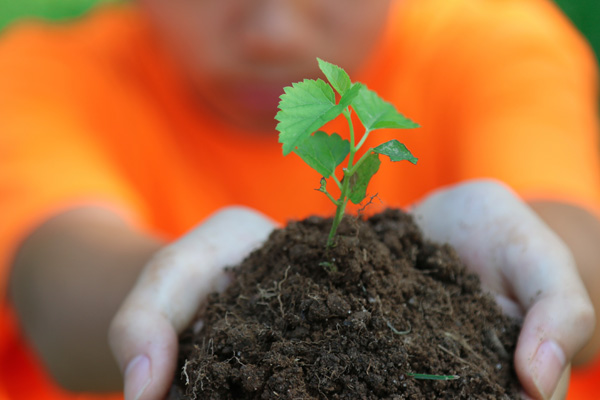- South Texas Students Meet Accordion Music Icons Los Tigres Del Norte In Edinburg Thanks To Khs America/Hohner Alianza Académica Initiative
- Fragile Planet Offers a Nighttime Wildlife Experience
- Falcons Soccer Off & Running
- Cameron County Receives Funds to Improve Two Parks
- Falcons Complete First Half of 32-6A
- School District to Help out Victims of California Wildfires
- Sand Castle Days Continued Despite Unexpected Weather
- Ready for District
- Discussion of Garbage Dumpster Rates, Agreements Between State & City on Highway Regulations, and More
- 31st Annual Shrimp Cook-Off is Right Around the Corner
Texas Groups Win Grants to Help Connect Schools with Locally Grown Food
- Updated: November 27, 2015
by Eric Galatas
AUSTIN, Texas – Texas is stepping up efforts to make healthy, locally grown food available to its students.
Three groups won grants from the U.S. Department of Agriculture (USDA) this week to strengthen a wide range of farm-to-school programs.
Andrew Smiley, deputy director of the Sustainable Food Center, says its training grant will help create more school gardens in central Texas.
He says if you can get young people to try a new vegetable, they’re much more likely to eat it again.
“By putting the seed in the ground and tending that plant, and harvesting the food, they are so much more likely to eat that food when they have that level of connection with it,” he stresses. “We have some incriminating photos of children eating radishes.”
On top of obvious health benefits, Smiley says there’s much students can learn by growing a garden.

Texas is stepping up efforts to make healthy, locally grown food available to its students. Photo: danny4stockphoto/iStockphoto
He says children experience working together as a team and how to be stewards of the earth. And, he says, watching seeds germinate and learning how to describe different plants can deepen their understanding of science and language arts.
Smiley says growing foods from different cultures can even help ground social study lessons.
The Elgin Independent School District and San Antonio’s North East Independent School District won planning grants to develop on-site gardens and programs with local farms.
San Antonio students will also create a school garden how-to video and tool kit.
Smiley says farm-to-school networks can play a critical role in keeping family farms sustainable by connecting them to a customer base with regular demand for their harvests.
“As we have globalized our food system, this is an effort that can really help re-localize our food system – and provide those sales outlets so that family farmers can remain viable,” he states.
The USDA announced a total of $4.8 million in grants for 74 projects spanning 39 states.
Agriculture Secretary Tom Vilsack said in a statement that by expanding farm-to-school programs, he’s hopeful children would gain experiences around food to set them up for a lifetime of healthy eating.
